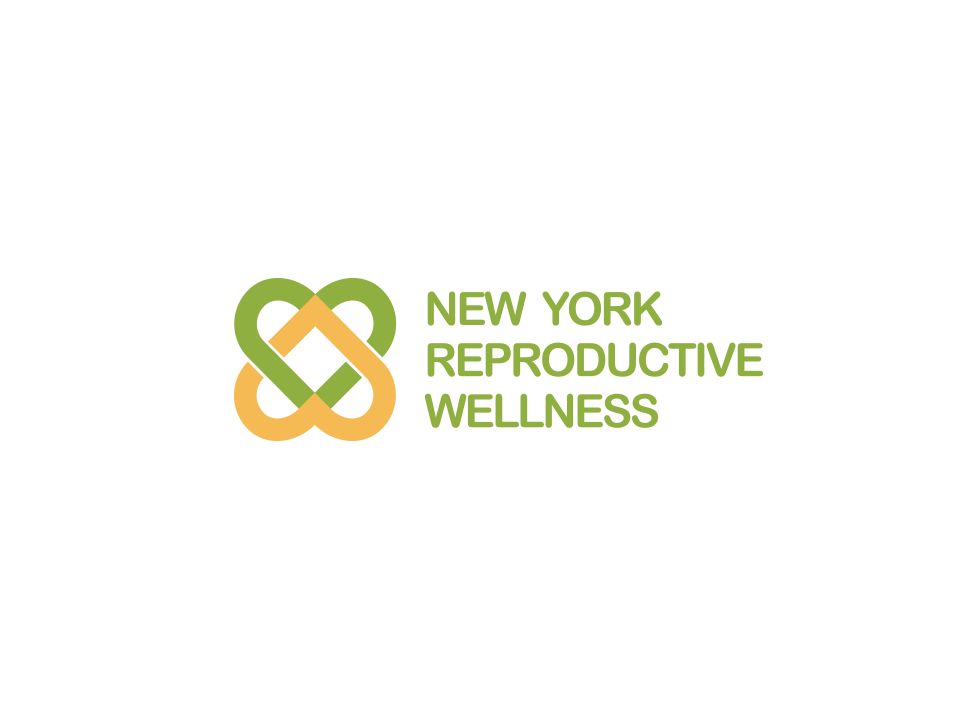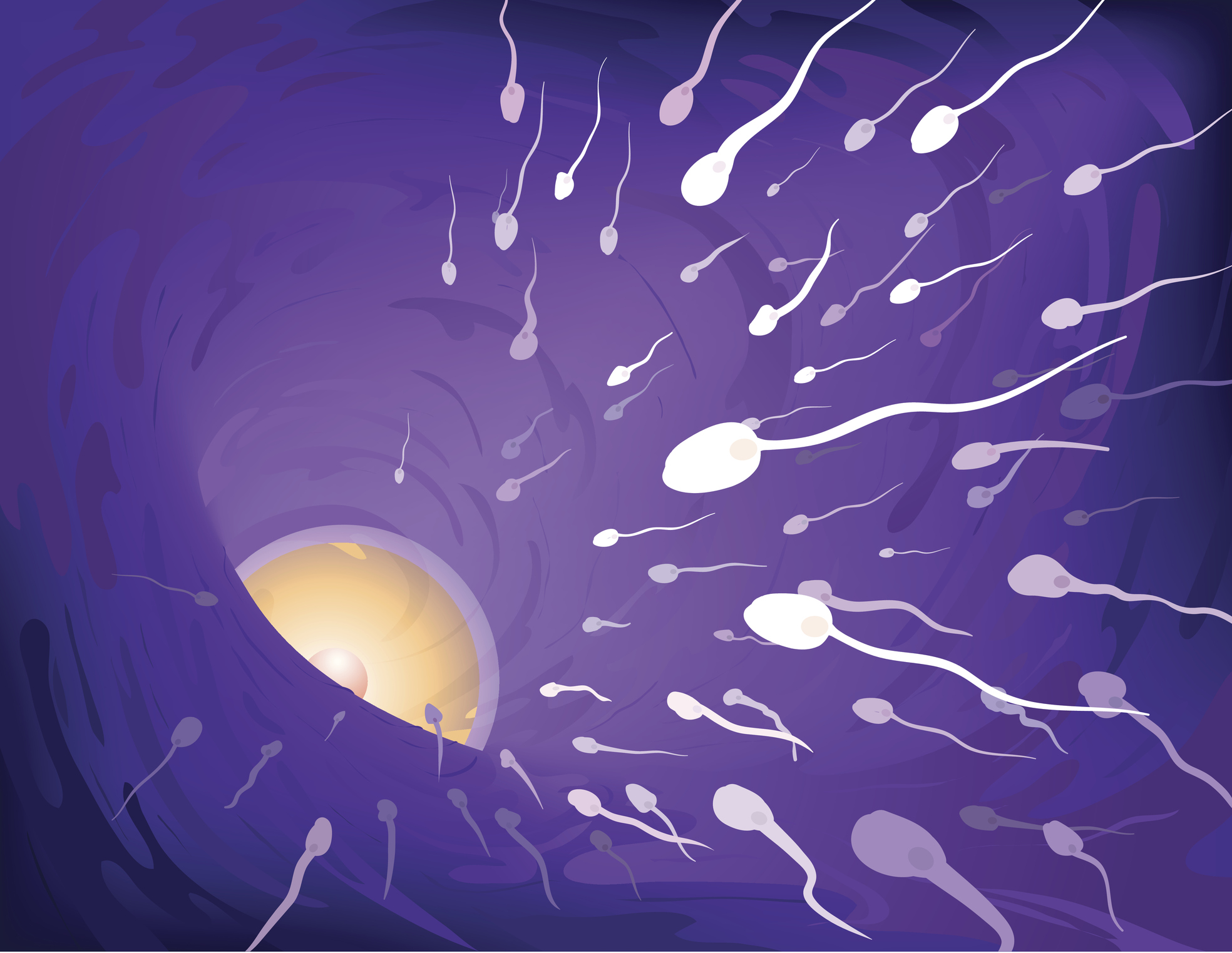Tag: Egg Freezing
Infertility treatments and technology is constantly changing. Keep up with the latest news about infertility or updates here at NYRW by visiting our blog or visiting our social pages.
Are you a former NYRW patient who would like to share their story and help others who might need it? Contact us at shareyourstory.nyrw@gmail.com
![]()
![]()
4 Things to Consider Before Freezing Your Eggs
You’re born with a finite number of eggs. As you age, the amount of eggs you have — and their quality — decreases. Therefore, if you don’t want kids …
Read More![]()
PCOS Q&A with Audry Luciano FNP, @NYRW
Audry Luciano is a Family Nurse Practitioner, specializing in reproductive endocrinology and infertility here at New York Reproductive Wellness in …
Read More![]()
Are You a Potential Candidate for Egg Freezing?
If you’re thinking about getting pregnant, you might be considering fertility treatment. In the past decade, egg freezing has grown immensely in …
Read More![]()
Is There Preparation for Egg Freezing?
As reproductive techniques and technologies have advanced, women have more options than ever before when it comes to planning their families, …
Read More![]()
Is Egg Freezing a Good Option?
There's no question that women are most fertile when younger. In the modern world, that can create problems, as the 20s and 30s are when many women …
Read More![]()
Should I Consider Egg Freezing?
Fact: women are most fertile in their younger years. That's also the time women are finishing their education and starting careers; in many cases, …
Read More![]()
Understanding the Egg Freezing Process
Egg freezing is the process of preserving a woman’s eggs until she is ready to go through an IUI or IVF procedure to get pregnant. A woman’s egg …
Read More![]()
Egg Freezing 101: What You Need to Know
Egg freezing is an ideal option for women who are not ready to start a family but would like to preserve their fertility for the future. Below is …
Read More![]()
All About Egg Freezing
Women are increasingly being told “You can have it all,” meaning a career, marriage and children – something their great-grandmothers might not have …
Read More











